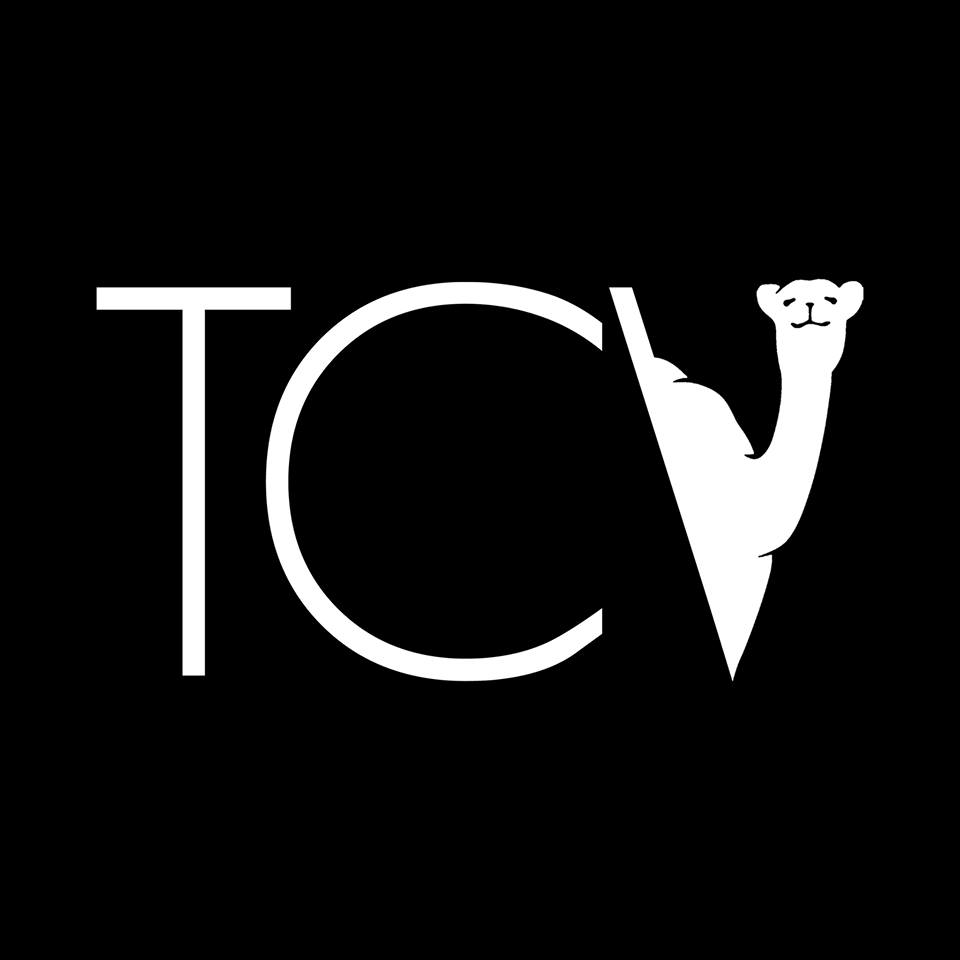During winter break, I saw an event on Facebook from the Goodwin-Niering Center advertising guest speaker Jack Ewing, a journalist at The New York Times. The event title immediately caught my interest: “Can a Corrupt Company Be Green?” I am fascinated by the links between corporations and the environment, an interest sparked by Rachel Carson’s Silent Spring since it was required summer reading for the class of 2020. The event title reminded me of Carson’s critique of the pesticide industry and how a desire to make a profit resulted in widespread environmental poisoning. I thought this would be the perfect lecture to go to, as I was eager to hear what I thought would be a well-researched critique of capitalism’s role in our environment.
A month after I initially saw the Facebook event, I walked into a packed 1941 Room for the lecture. Jack Ewing approached the lectern and began to discuss his book Faster, Higher, Farther: The Inside Story of the Volkswagen Scandal. I enjoyed the first part of his discussion, when he revealed how Volkswagen was founded as Nazi propaganda. The company promised to provide Germans with “the people’s car” (the English translation of the German “Volkswagen”), but in reality utilized forced labor, funded by stolen money from German labor unions, to build it. I found this historical background to be the most enlightening part of his lecture, and I wish he had spent more time discussing it.
After mentioning Volkswagen’s origins, Ewing talked about Volkswagen’s rise in the United States, from the Beetle’s emergence in 1960s cultural iconography to its eventual fall. Ewing argued that in order for Volkswagen to recapture the contemporary American market, the company decided to advertise its new cars as running on environmentally friendly “clean diesel,” a more efficient alternative to hybrid and electric cars. This campaign was spearheaded by Volkswagen CEO Ferdinand Piëch, a figure Ewing described as “brilliant but ruthless.”
Piëch “saved Volkswagen” in Europe by creating a climate of fear studded with scandals and wrongdoing, including, but not limited to, stealing secrets and providing labor leaders with prostitutes. He decided to make the clean diesel movement possible by lying about how clean the diesel really is, using illegal software to cheat federal laws and spending millions of dollars to advertise “clean diesel” as the future of fuel. Volkswagen’s efforts to cheat the system were thwarted when graduate students and faculty at the University of West Virginia road-tested the clean diesel cars and discovered that the emissions software VW had installed on “more than a half-million diesel cars in the U.S.—and roughly 10.5 million more worldwide…allow[ed] them to sense the unique parameters of an emissions drive cycle set by the Environmental Protection Agency…In the test mode, the cars are fully compliant with all federal emissions levels. But when driving normally, the computer switches to a separate mode—significantly changing the fuel pressure, injection timing, exhaust-gas recirculation, and, in models with AdBlue, the amount of urea fluid sprayed into the exhaust. While this mode likely delivers higher mileage and power, it also permits heavier nitrogen-oxide emissions (NOx)—a smog-forming pollutant linked to lung cancer—up to 40 times higher than the federal limit,” as Car and Driver reports. An investigation into the cars followed, with Volkswagen eventually coming clean about the cars and financially settling with regulators and car owners.
Ewing’s central conclusion from his expose of Volkswagen is that companies with a corrupt corporate culture do not have the capacity to be environmentally friendly, which I viewed to be dissatisfying, as well as common sense. Without even hearing about the Volkswagen scandal, I could have guessed that corrupt companies would not be environmentally friendly. I decided to probe Ewing to see if he would scratch the surface more on his ideas regarding corporate corruption and the environment. I asked him two questions: “Can any company operating under a neoliberal capitalist system be environmentally friendly?” and “Is there a such thing as ethical capitalism?” Ewing argued yes. After proclaiming his belief in free market capitalism, he argued that environmentally friendly practices differed on a company to company basis.
I disagree wholeheartedly with this answer. While Ewing declared that it is impossible for corrupt companies to be green, he failed to mention the reasons why corruption takes place at all. Corporate corruption does not simply happen on its own, and companies are not corrupt for the sake of being corrupt. The root of corruption lies in the primacy of the profit motive within our neoliberal capitalist system. This phenomenon was evident with the pesticide companies that Carson disparages in Silent Spring, and it is especially evident with Volkswagen. Piëch wanted Volkswagen to cheat to gain money, a fault of the system rather than mere corruption.
While Jack Ewing was well-researched in his topic, his failure to address systemic issues that make corporate corruption that lead to environmental pollution resulted in an unsuccessful lecture. I would recommend the Goodwin-Niering Center obtain a guest lecturer more willing to push the boundaries than to bring in a centrist figure who fails to think critically about their lecture topic.










